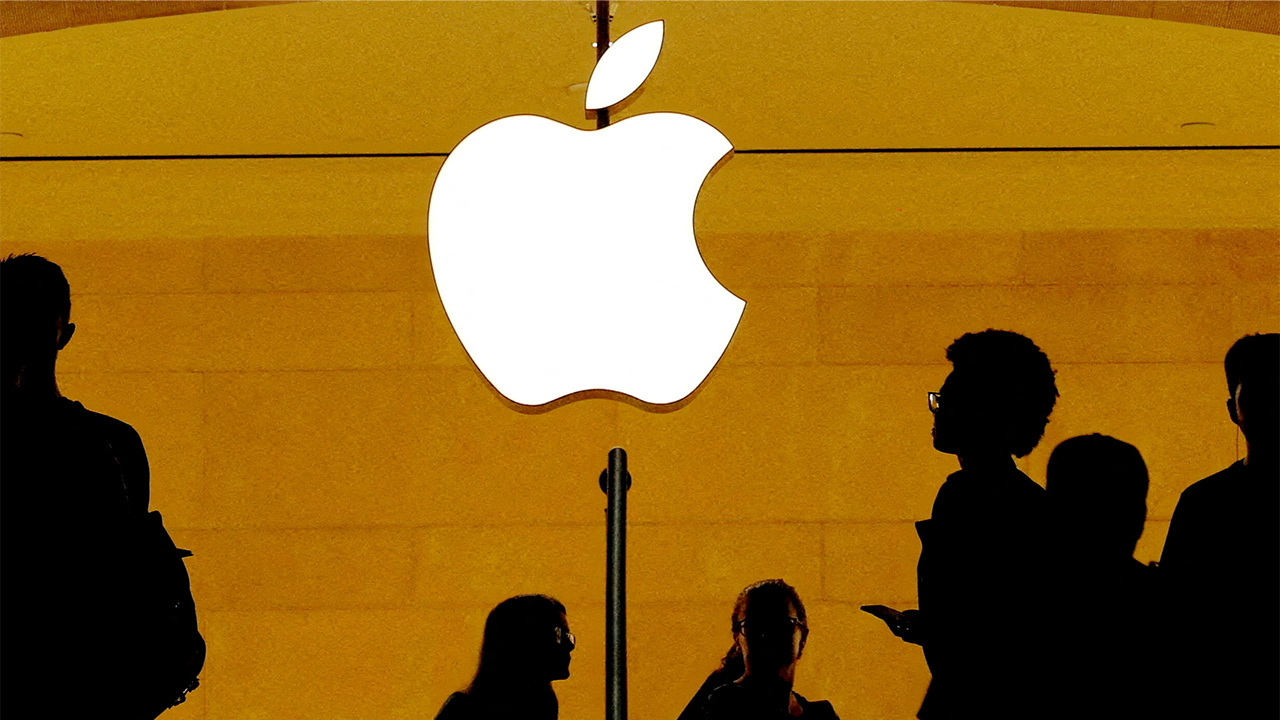‘PANICAN’ Trends: TrumpS latest term Sparks Online Frenzy Amid Trade Tensions
Published: April 7, 2025
Former President Donald trump has once again stirred the pot, this time with a newly coined term, ‘PANICAN.’ The word, introduced on his social media platform, Truth Social, is Trump’s descriptor for those he considers “weak and stupid,” particularly individuals he believes are prone to panic in the face of challenging situations.
this latest addition to the Trump lexicon arrives against a backdrop of escalating trade tensions, fueling speculation about the specific context and targets of his remarks. While not explicitly stated, many observers interpret “PANICAN” as a swipe at those within the Republican party or even in the broader business community who might be hesitant about aggressive trade tactics, like imposing tariffs, that could disrupt the U.S. economy.
consider, for example, the debate surrounding tariffs on imported goods. While proponents argue tariffs protect American jobs and industries,critics warn they can lead to higher prices for consumers,retaliatory measures from othre countries,and ultimately,a trade war that hurts the U.S.economy. The term “PANICAN,” in this context, could be aimed at those who express concerns about these potential negative consequences.
Internet Reacts: Memes and Mockery Abound
As expected, the internet exploded with reactions to “PANICAN.” Trump’s Truth Social post,which read,“The United States has a chance to do something that should have been done DECADES AGO. Don’t be Weak! Don’t be Stupid! Don’t be a PANICAN (A new party based on Weak and Stupid people!). Be Strong, Courageous, and Patient, and GREATNESS will be the result!”
, quickly went viral, triggering a wave of memes, jokes, and commentary.
Social media users were quick to offer their interpretations and critiques:
- One user on X (formerly Twitter) sarcastically noted,
“He’s calling his MAGA voters who are worried and scared, PANICAN (which he has determined is a new party) WOW!”
- Another quipped,
“He knows he’s f****d—you can tell because the best insult he could come up with is ‘panican’ (? ?)”
- A third user joked,
“Trump switches parties, becomes Panican.”
- Referencing past foreign policy decisions, one user wrote,
“Oh phew. When I heard trump created a new word PANICAN, I thought that meant we were invading Panama and Canada today.”
- someone questioned trump’s economic strategy, asking,
“’Panican’ Trump thinks he can bully the market by calling them names.Are Republicans really that scared of him?”
The term also spurred a meme frenzy, with users creating humorous images and videos riffing on the word “PANICAN” and its supposed meaning. One popular meme featured the caption, “Everybody let’s do The Panican!”
, alongside a ridiculous dance move, highlighting the absurdity of the term.
Defining ‘PANICAN’: A Dictionary void
Attempting to find a formal definition of “PANICAN” yields little result. As one might expect, online dictionaries don’t recognize it as an established word. According to ChatGPT,when queried about the term,a dictionary website responded,“It seems ‘PANICAN’ is not recognised as a standard word or term in English. Could you please provide more context or clarify the term you are referring to?”
This lack of a formal definition underscores the term’s nature as a neologism – a word newly coined, often for a specific purpose or effect. In this case,”PANICAN” serves as a pejorative label,intended to denigrate those who disagree with Trump’s policies or approach.
The Broader Context: Tariffs, Trade Wars, and Economic Anxiety
To fully understand the implications of “PANICAN”, it’s crucial to consider the broader economic and political context. The U.S. has been engaged in a complex dance of tariff impositions and negotiations with various countries, including China, for several years. These actions, frequently enough framed as efforts to protect American industries and jobs, have also raised concerns about potential negative consequences for the U.S. economy.
The following table illustrates the potential pros and cons of tariff policies, a key issue related to the “PANICAN” discourse:
| Argument for Tariffs | Argument Against Tariffs |
|---|---|
| Protects domestic industries from foreign competition. | Increases costs for consumers due to higher prices. |
| Creates jobs in protected sectors. | Can lead to retaliatory tariffs from other countries, harming U.S. exports. |
| Reduces trade deficits. | Disrupts global supply chains. |
| Strengthens national security by reducing reliance on foreign goods. | Can lead to trade wars that negatively impact the global economy. |
The debate surrounding tariffs is often fraught with anxiety about the future of the U.S. economy. Some fear that aggressive trade policies will lead to a recession, while others beleive they are necessary to secure America’s economic dominance. It is within this climate of uncertainty that Trump’s use of “PANICAN” gains particular resonance.
Analysis: Political Messaging and the Power of Language
Trump’s use of language has always been a key element of his political strategy. he frequently employs simple, direct, and frequently enough provocative terms to connect with his supporters and attack his opponents. “PANICAN” is simply the latest example of this tactic.
By labeling his critics as “PANICANs,” Trump seeks to:
- Dismiss their concerns as unfounded and irrational.
- Paint himself as a strong and decisive leader, unafraid to take bold action.
- Rally his base by creating a common enemy.
The effectiveness of this strategy remains to be seen. While some may find the term amusing or even empowering,others may view it as divisive and harmful to political discourse.
Looking Ahead: The Future of “PANICAN”
Whether “PANICAN” will enter the mainstream lexicon remains uncertain.Though,it has already made its mark on the internet,sparking countless memes and conversations. More importantly, it provides a window into Trump’s ongoing approach to political interaction, which relies heavily on creating memorable and often controversial labels to shape public opinion.
As the U.S. continues to navigate complex economic and political challenges, expect to see more such terms emerge, each designed to influence the narrative and galvanize support for a particular agenda.







